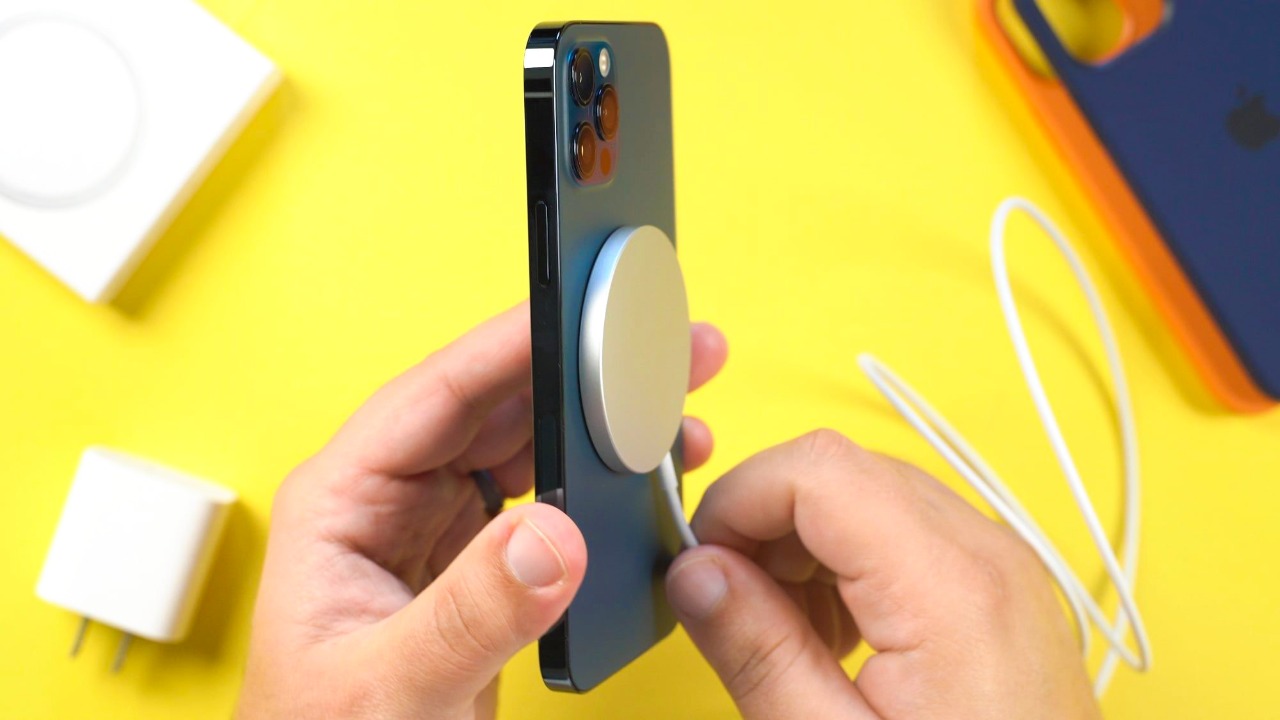
One of the new features of the iPhone 15 has slipped under the radar, and it's actually a really big deal: while Apple often lags behind Android when it comes to wireless charging technology, this time it's at the head of the pack. And that means every iPhone 15 has a big wireless upgrade inside. You just can't take advantage of it yet.
The upgrade is Qi2 ("chee two"), which is the second generation of the Qi wireless charging standard. It was announced earlier this year as the replacement for the 13-year-old Qi standard, and it's based on the same MagSafe tech that Apple introduced in the iPhone 12. But unlike MagSafe this is an industry-wide standard designed for every kind of phone, not just Apple ones.
What's so great about Qi2 charging?
The promise here is interoperability. Instead of having one kind of wireless charger for Apple devices – while iPhones do work with non-Apple wireless chargers, Apple doesn't let those pads run at their full power – and another for Androids, we should see Qi2 chargers that work happily with either. That should bring costs down for Apple users in particular. And because Qi2 can also work with unusually shaped devices, it may be useful for charging the best wireless earbuds in the future too.
Another big benefit of Qi2 is that it delivers much faster and more efficient charging. It delivers up to 15W of wireless power, can detect foreign objects that you don't want between your phone and your charging pad, and it's designed to help prevent damage to your device or your battery.
When can you get Qi2 charging for your iPhone?
The first Qi2 wireless chargers are on their way, and you'll be able to buy them this side of Christmas. According to the Wireless Power Consortium, as reported by Engadget, over 100 devices are currently undergoing testing for imminent release, with models coming from some of the big names in charging including Anker, Belkin, Mophie and more.
Although Apple was the first firm to ship Qi2-compatible phones, it won't be the last: Google's next Pixel is expected to support it, and Samsung's on board too. It'll take a while for Qi2 to supplant Qi completely, but that's where the whole smartphone world is heading.


.png?w=600)




